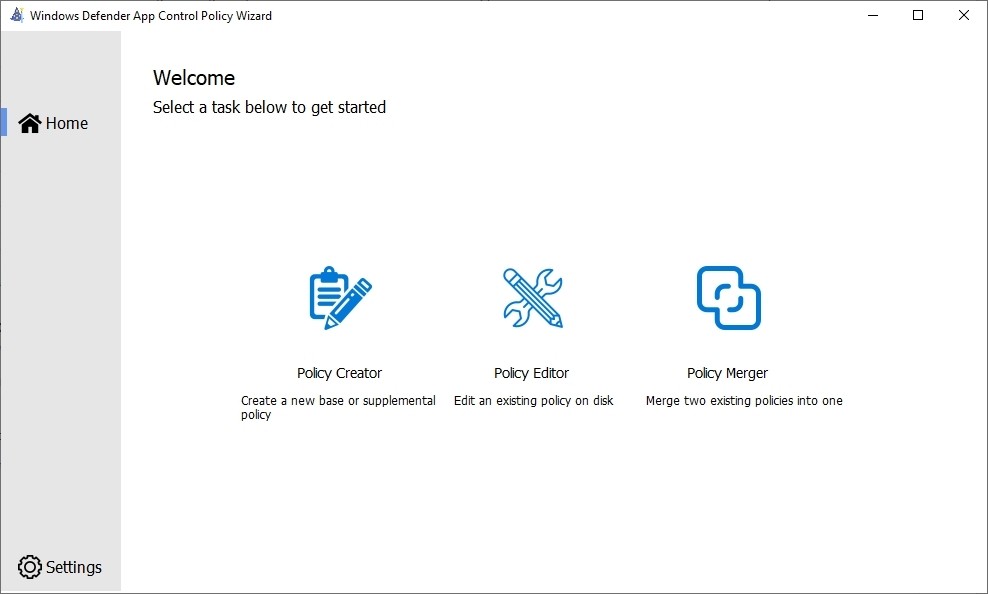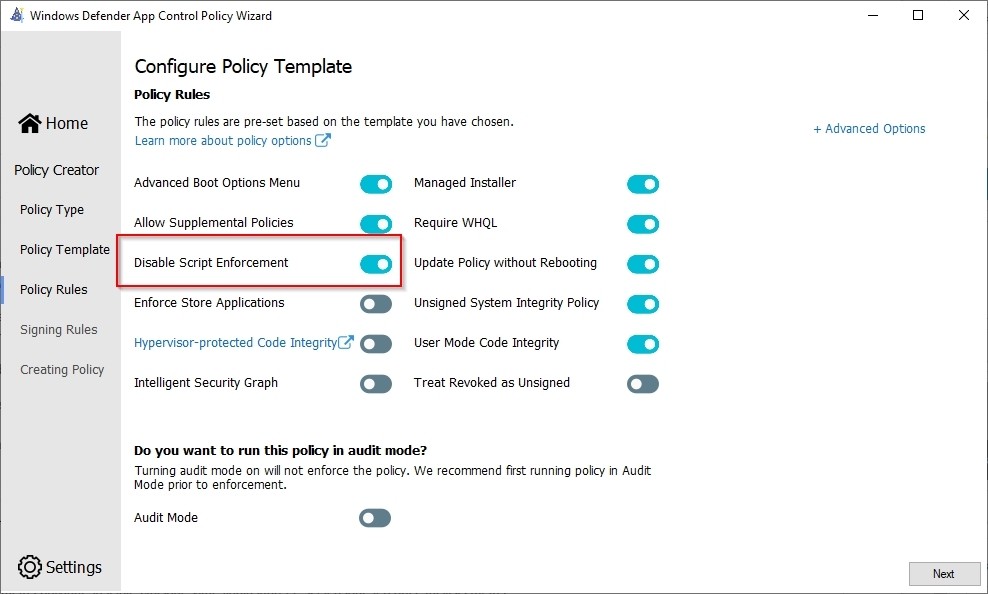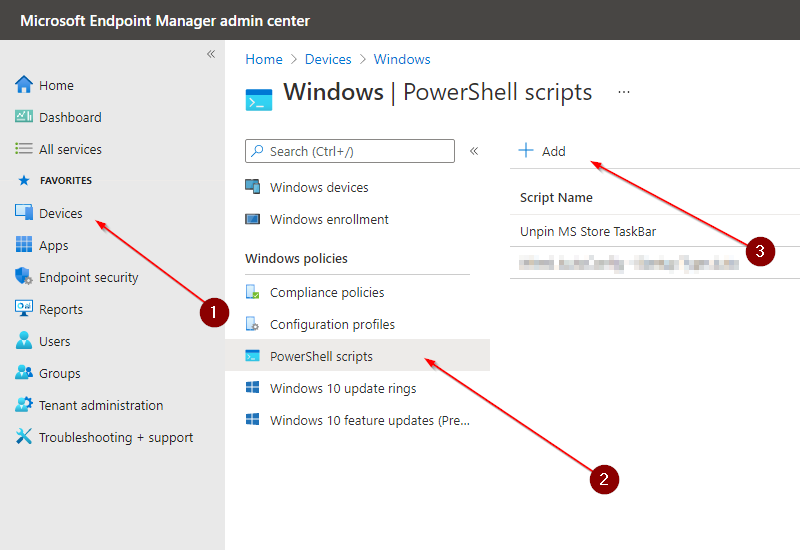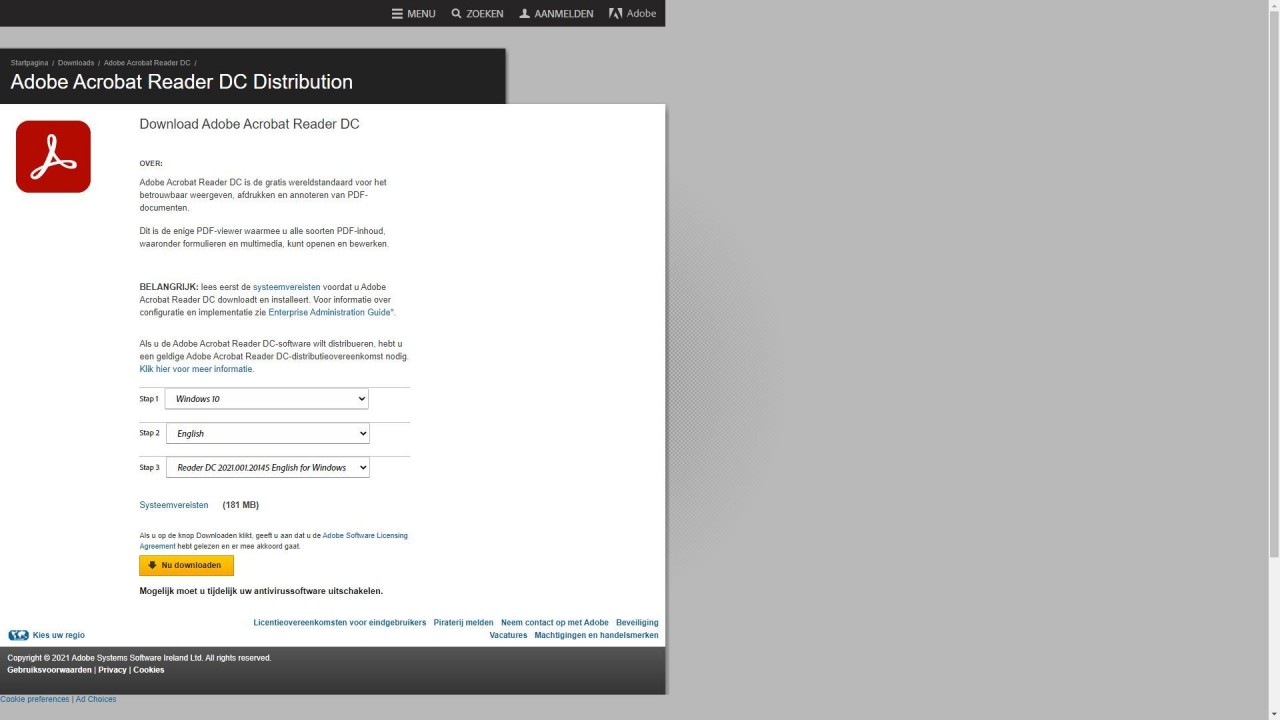Microsoft Workplace Community Blog
There are no blog posts currently available
Blog Categories
Latest Comments
Leon Boehlee posted a comment in Windows Defender Application control - Part 2
This technique works for SCCM as well as with Intune. I recommend you to read part 1 of the blog fir...
EasyBlog
about 2 years ago
Kevin Still posted a comment in Default file associations Intune
Is it possible to apply based on a condition if adobe reader or adobe acrobat exists? This is how I ...
EasyBlog
about 3 years ago
Random Post
Subscribe Our Blogs
Tag Cloud
Autopilot
Windows 10 devices
users
Application Microsoft endpoint manager
device
Windows Autopilot
account admin rights
application control
Microsoft Defender for Endpoint
Block Applications
Windows Defender Application control
Block Firefox
managed installer
policies
Weblink Microsoft Endpoint Manager admin center TopicDefault
company portal
Windows app (Win32)
SCCM
microsoft endpoint manager
Microsoft Endpoint Manager
associations Steps
Endpointmanager
Certificate
Windows 10 store apps
Windows 10
Microsoft store
block applications
Intune
test environment
Out-Of-Box Experience
on-premises environment
WDAC
Microsoft
MSWorkplace
MSI files
account
EXE files
SQL database
PowerShell




